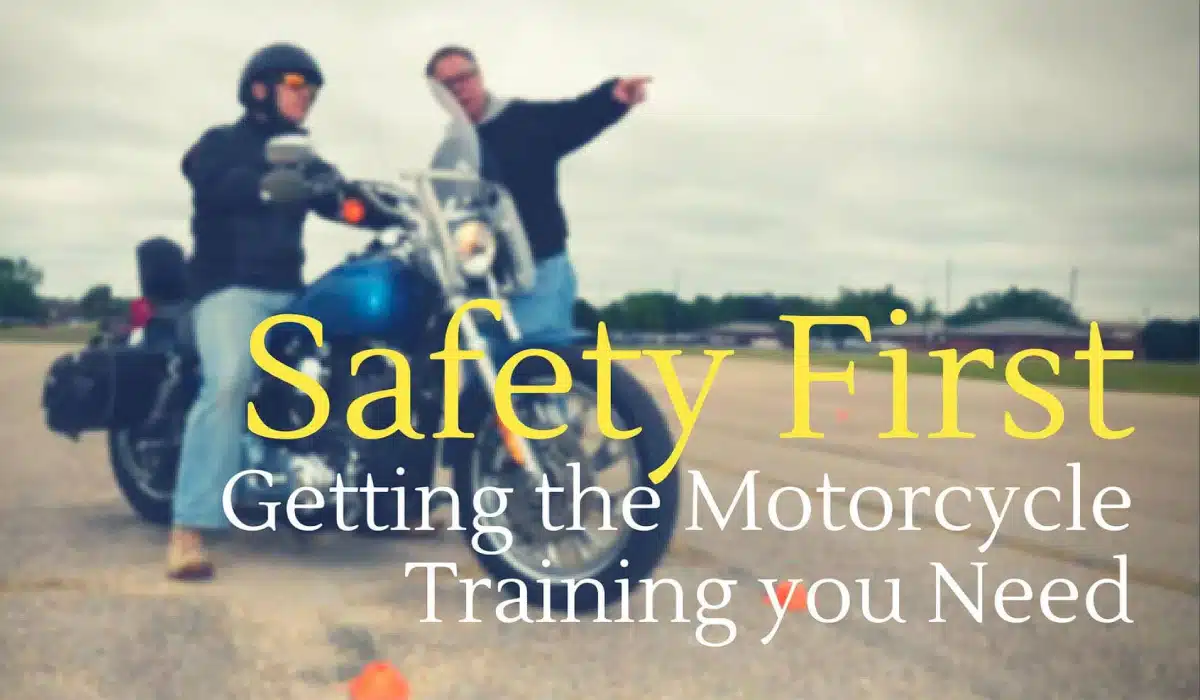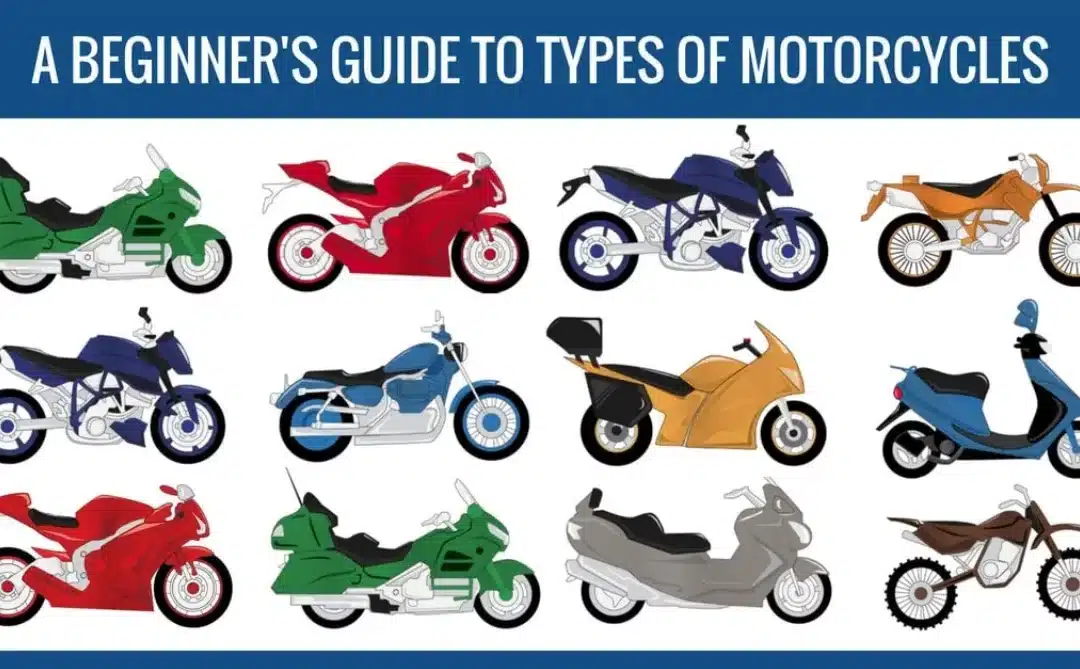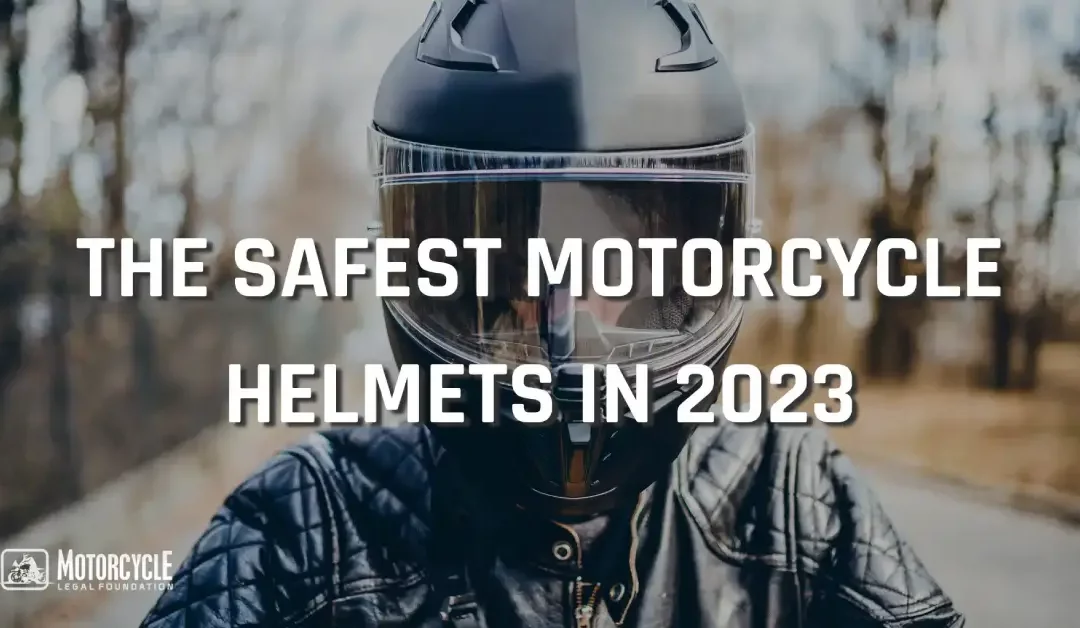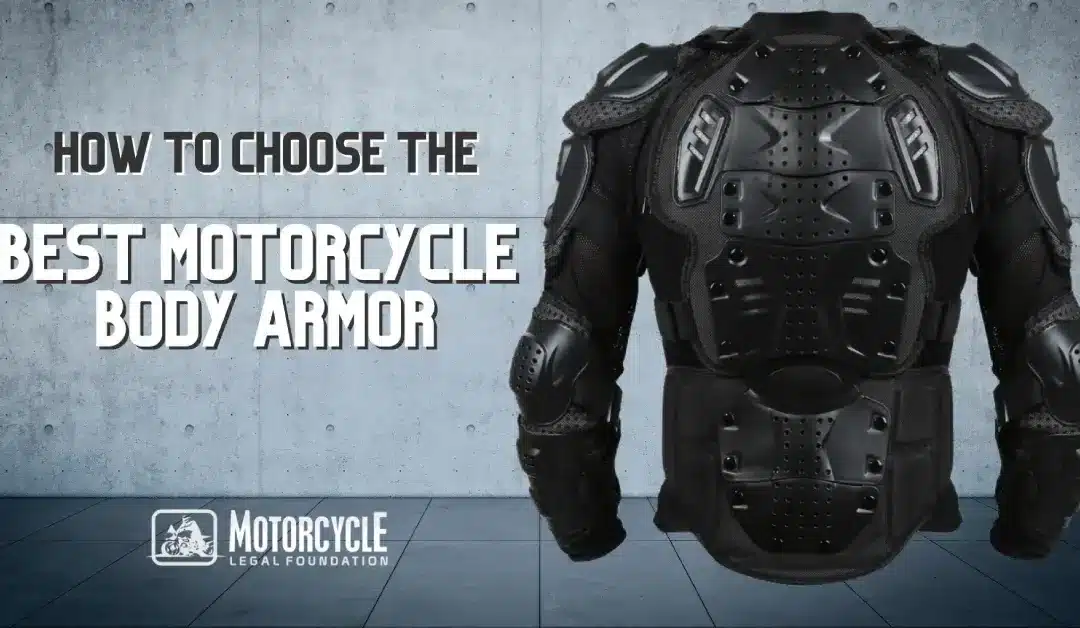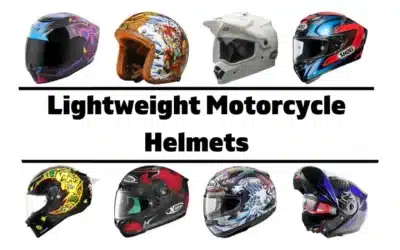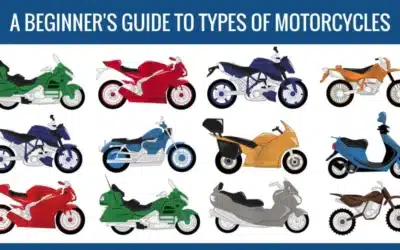Riding a motorcycle is tricky. It’s a learned skill.
This is what makes it fun. It’s also what makes it dangerous.
Riders who plan on lasting longer than the summer have safety on their minds long before they ever throw a leg over. Even for people who never plan on riding a motorcycle, taking an introductory course to learn how to ride is an adventurous thing to spend the weekend doing.
Managing your risk
For those of us who love motorcycles, safety can be the furthest thing from our minds. There’s a reason alcohol and tobacco companies bankrolled the first 50 years of motorcycle racing. Motorcyclists are risk-takers. This is just as much a blessing as it is a curse.
It’s a blessing when the risks of riding a motorcycle are well managed.
It’s a curse when riders are reckless. One of the most reckless things you can do in life is undertake a complicated thing like riding a motorcycle without any training. Fortunately for us, there are a variety of motorcycle training courses available, from mild to wild, for the newest would-be riders and the most experienced among us alike. Read on to find out about the various courses and how they can help you become a better, safer motorcyclist.
Basic skills: Motorcycle Safety Foundation (MSF)
The MSF runs a variety of courses for all skills levels. They focus mainly on beginner street riding, although they also offer courses for riders starting out in the dirt. Their most popular program is called Basic Ridercourse.
When taken by itself, completing the Basic Ridercourse results in a motorcycle permit. When paired with a classroom session and skills tests, it becomes the Basic Ridercourse 2, which results in a motorcycle license upon completion.
Most basic MSF courses take place in parking lots all over the country. You can find the course closest to you by clicking here.
Advanced skills: MSF
The MSF also offers courses for self-taught riders who want to brush up on their skills. If you used to ride, but it’s been a while, a refresher course can be the difference between keeping it shiny-side-up or getting the pavement wet.
Unlike the basic MSF courses, the more advanced sessions take place on the open road and feature actual street riding situations. Recognizing that young military men have a higher accident rate than other motorcyclists, the MSF also offers a Military SportBike RiderCourse. It’s good to see the MSF doing their part to educate military motorcyclists and help keep them safe.
The Fun Stuff: Track Schools
“But I don’t want to race!” you say, and I hear you. Track schools aren’t the same as race schools. The difference is a track school focuses more on building rider confidence and skill than the rules of racing. Track schools do this by removing the variables of riding on the road. Taking it to the track allows more advanced riders to hone their skills without worrying about traffic, guard rails, sidewalks, or retaining walls.
A common misconception about track school is you have to be fast, or have a fast bike. Nothing could be further from the truth. All kinds of riders show up to track schools, and not all of them ride sport bikes. Some ride standards, others ride vintage bikes, and I’ve even seen a few Honda Goldwings scraping their panniers on the track.
Another common misconception is track days are all about going fast. That’s a big part of it, but for every AMA wannabe who shows up to a track school, there are 10 more riders who want to push themselves in a controlled environment or learn practical skills such as motorcycle hand signals, or the proper etiquette for riding in groups.
Popular track schools include Jason DiSalvo’s Speed Academy and Jason Pridmore’s STAR School.
The pinnacle: go racing
You will learn precious little about riding a motorcycle at a race school. What you will learn are the ins and outs of racing safety. The point of race schools is to minimize the risk of racing, and that’s about it.
Topics covered include flagging procedures, appropriate paddock behavior, passing, scoring, timing, and etiquette. Yes, etiquette. Most amateur racing organizations favor gentleman racers over pure adrenaline junkies. Race schools are run by the region’s sanctioning body. When racing it’s important to remember you’re racing for trophies, not to make a name for yourself.
The most valuable racer in the paddock is often not the fastest racer on the track, but the racer who exhibits good sportsmanship and has a sincere passion for motorcycle racing.
Teach yourself?
Yes, you can teach yourself how to ride a motorcycle. But many people go about it all wrong. They buy the fastest motorcycle they can afford and then take to the streets without safety gear. That’s just not smart.
The very best way to teach yourself how to ride a motorcycle is with a small dirt bike, on your or a friend’s property. Small dirt bikes like the Honda CRF100 are fast enough to get in trouble with but not fast enough to punish beginner mistakes harshly, allowing you to learn valuable skills, like how to crash safely. Small bikes have the exact same controls as larger bikes. The skills you learn on a small dirt bike transfer directly to riding a larger, sexier street bike.
An added benefit to learning on dirt is it almost completely removes the risk of a car-on-bike accident while you’re learning the ropes. Many people develop a love for motorcycles and learn to ride small dirt bikes when they’re kids. It’s perfectly OK to do just that even if you’re all grown up.
Now get out and ride
With summer fast approaching, the streets and highways are filling with motorcyclists young, old, new, and experienced alike. If something happened last year that has you questioning your skills, it might be time to look into an advanced MSF Ridercourse. If you’ve been thinking about seeing what track days are all about, maybe it’s time to give one of the Jasons a call. And if you’ve been thinking about racing, give your savings account a once over and go for it if you can.
Regardless of your skill level or the course you choose, what you learn in the classroom, on the road, or the race track will make you a better, safer motorcyclist.

